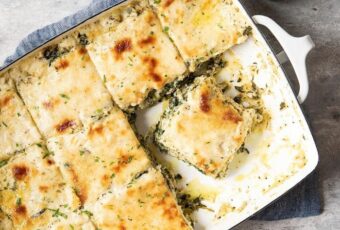
Herb Garden Box
A lot of the spices we use are imported from miles and miles away before we ever use them in our dishes. You can cultivate spices in your very own home, which will yield fresher spices and also serve as a cost efficient way to incorporate more flavor in your food.
Not only will growing your own spices give you a better supply, but you’ll be more in tune with the growth cycle, so you’ll really feel connected with your food in a whole new way.
You can start growing these spices in the fall or early spring, but they will vary depending on your geographic location. Starting out, you’ll have two options: starting out with a seed, or skipping a couple of steps and purchasing seedlings. You can sow these all into soil in a garden box or any other container.
To get started, you’ll need potting soil, compost, seeds or starter plants, pots with good drainage holes, labels for your plant and relevant dates, and storage containers for your spices.
So what can you grow?
Caraway
Caraway has a slight anise flavor that’s also quite earthy. You can grow it in spring or fall using rich, well drained soil. Caraway does better in areas that are not humid and are a bit coolest. You can harvest the seeds when they look light brown and plump. Hang to dry in a spot with good air circulation. When they are dry, thresh and remove seeds.

Caraway
Cumin
Cumin is a wonderful spice staple that’s wonderfully earthy and peppery. Early spring is best for sowing seeds in fertile and loose soil. Cumin thrives in heat and sunlight. You can harvest the seeds when flowers that are either pink or white bloom. The seeds are brown when picked and then dried. Grind it up if you prefer it in powder form.

Cumin
Coriander
Coriander, which is also known as cilantro needs to be planted in well drained, fertile soil. The seedlings will sprout just one week later. The plant tends to prefer cooler weather and partial shade. About 40-50 days in, the seeds will be ready for harvesting. Dry them and then store before using.

Coriander
Dill Seed
Dill seed is a both a spice an herb. Fresh dill has feathery leaves that are often added to food, and dill seed is the name of the spice! Dill thrives in full sunshine and soil that is full of compost. It’s ideal to sow seeds in the early spring or summer. You can grow it in colder times of the year as long as it has enough sunshine. For a continuous harvest, plant ever 2-3 weeks. The leaves will be edible for 2.5 months. When the seeds are oval in shape, dry, and flat, about 3 months in, they’re ready to be harvested.

Dill Seed








